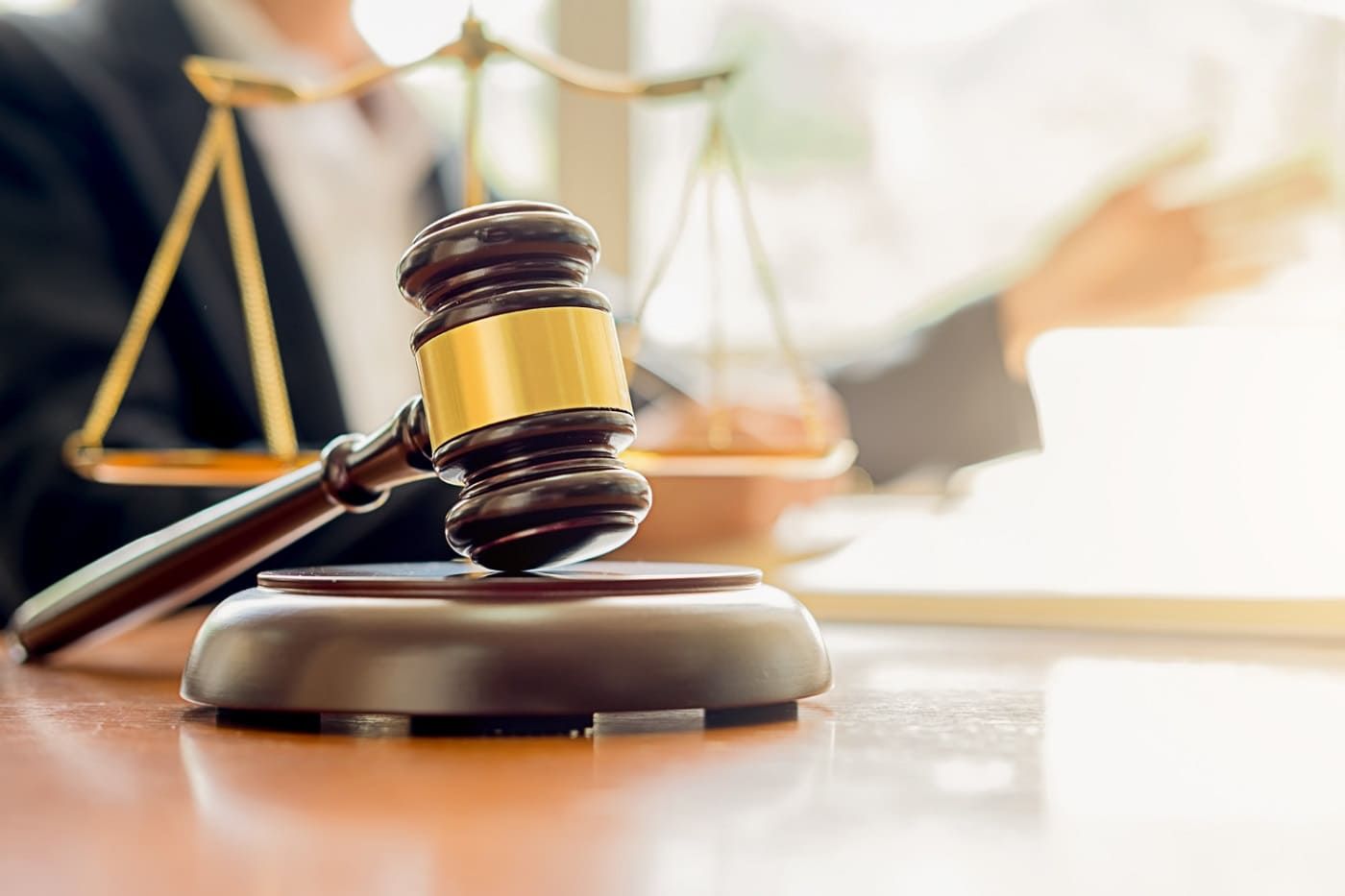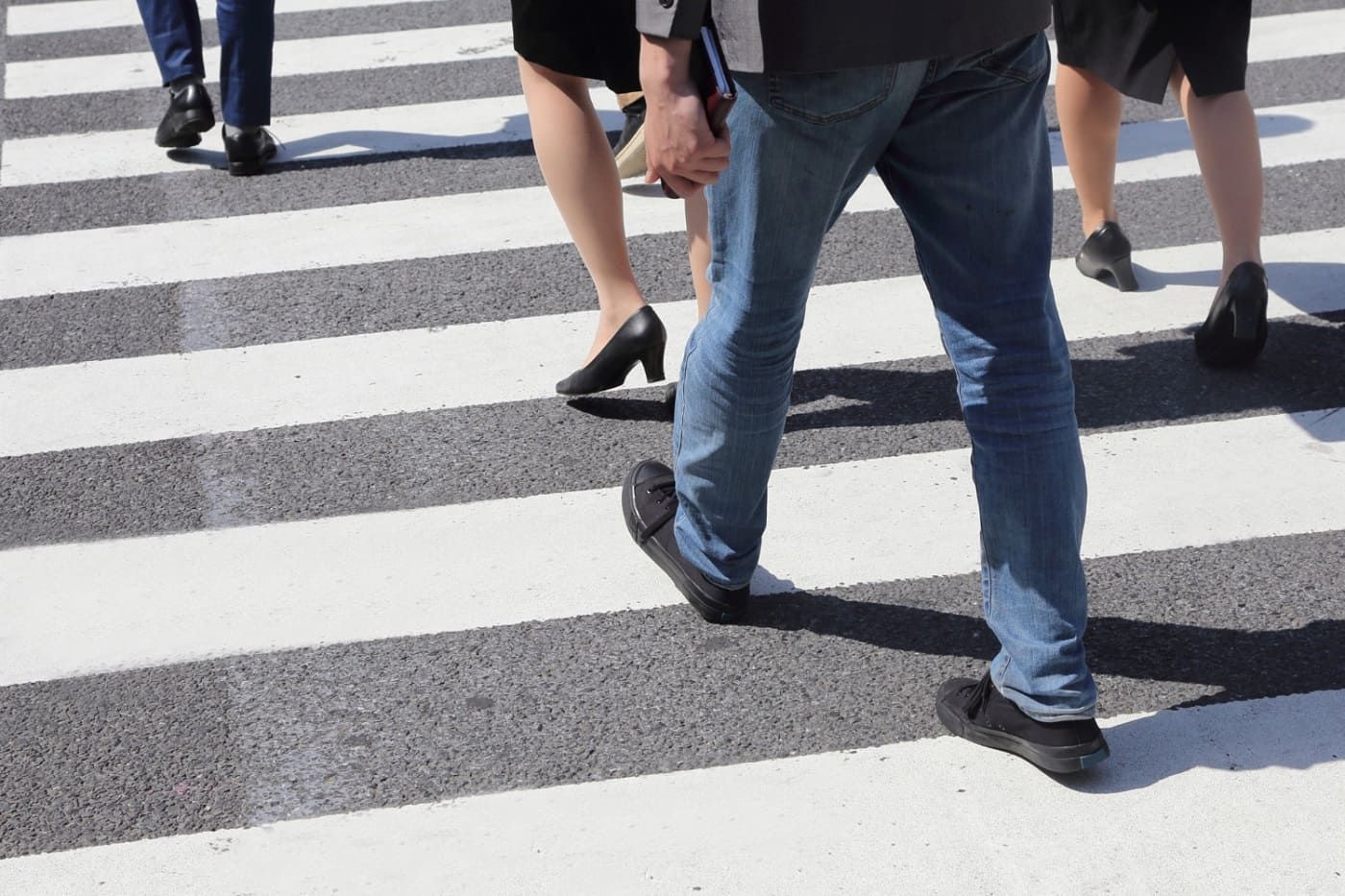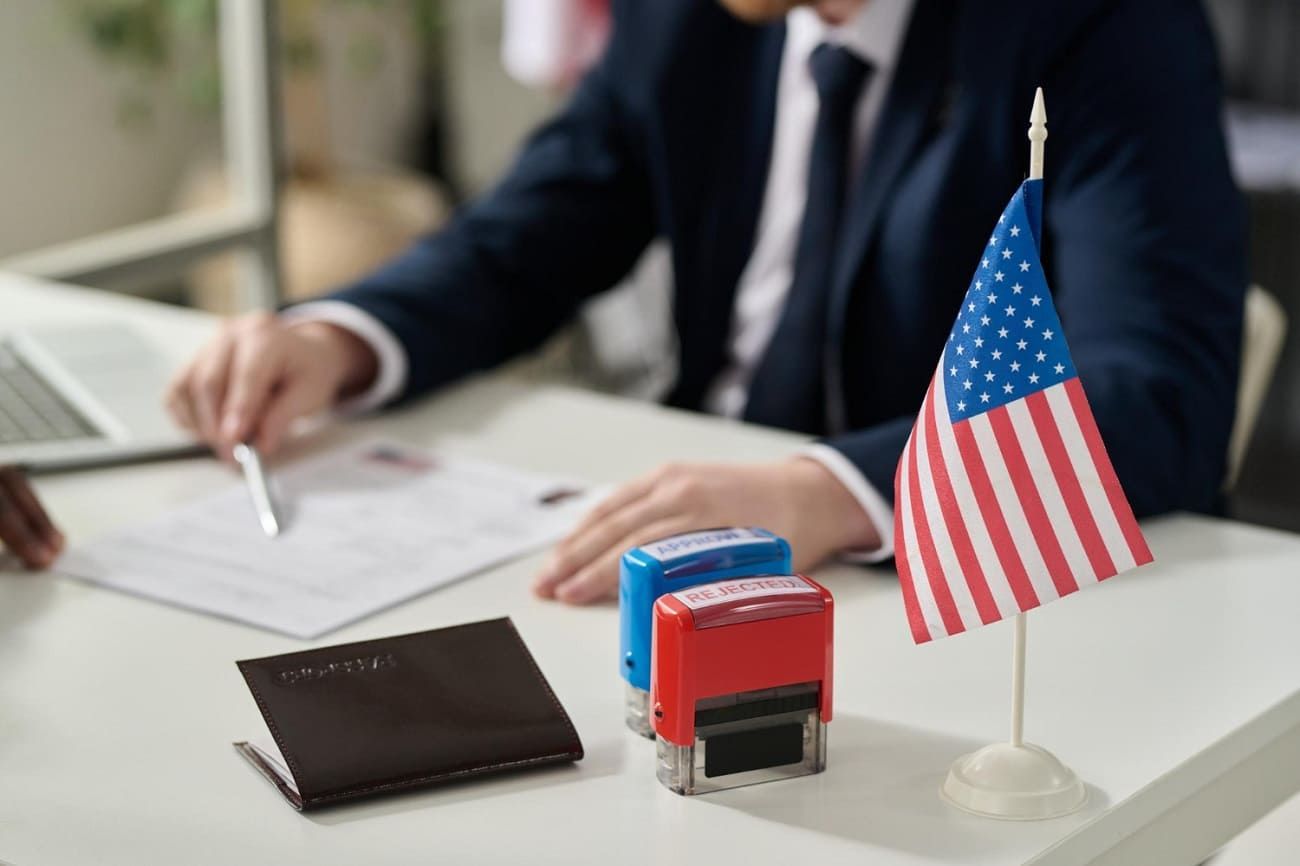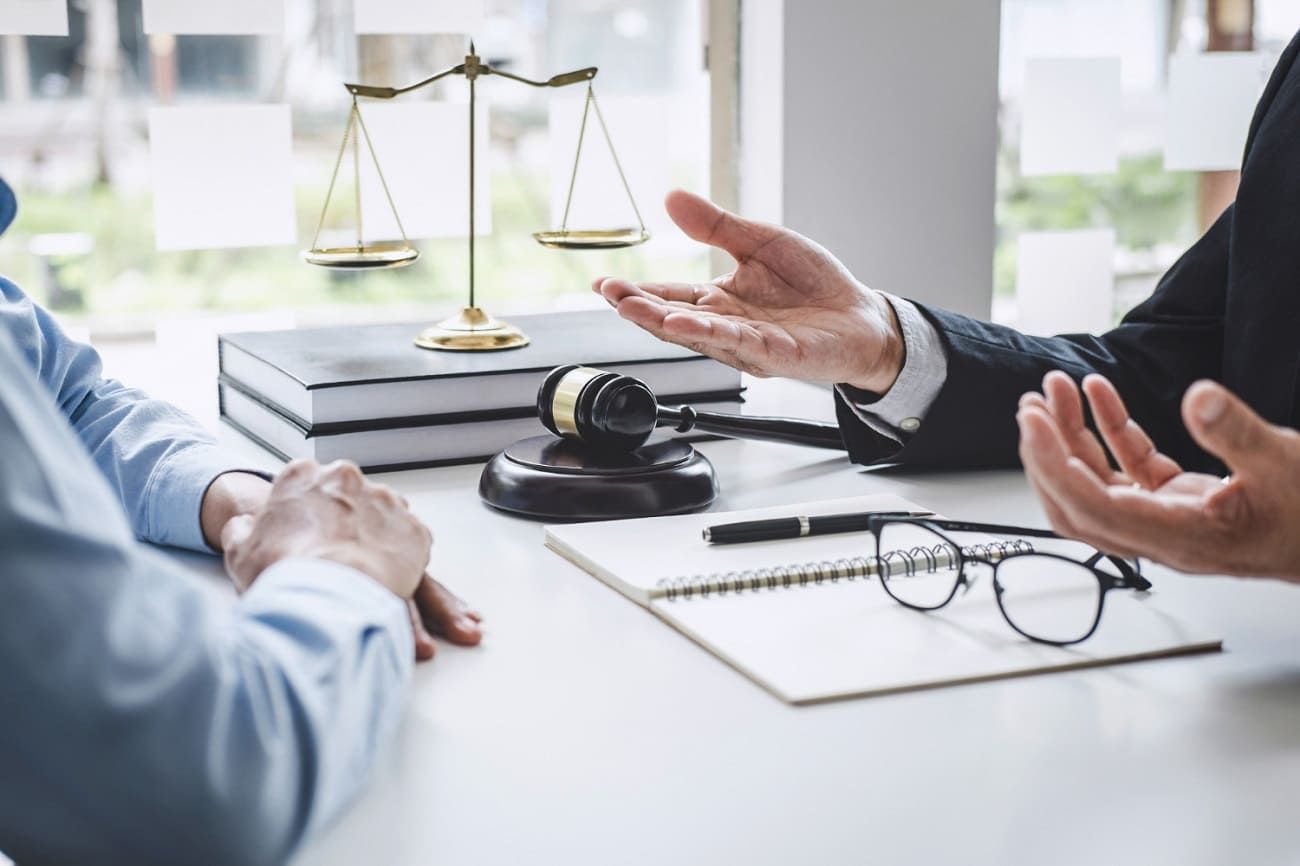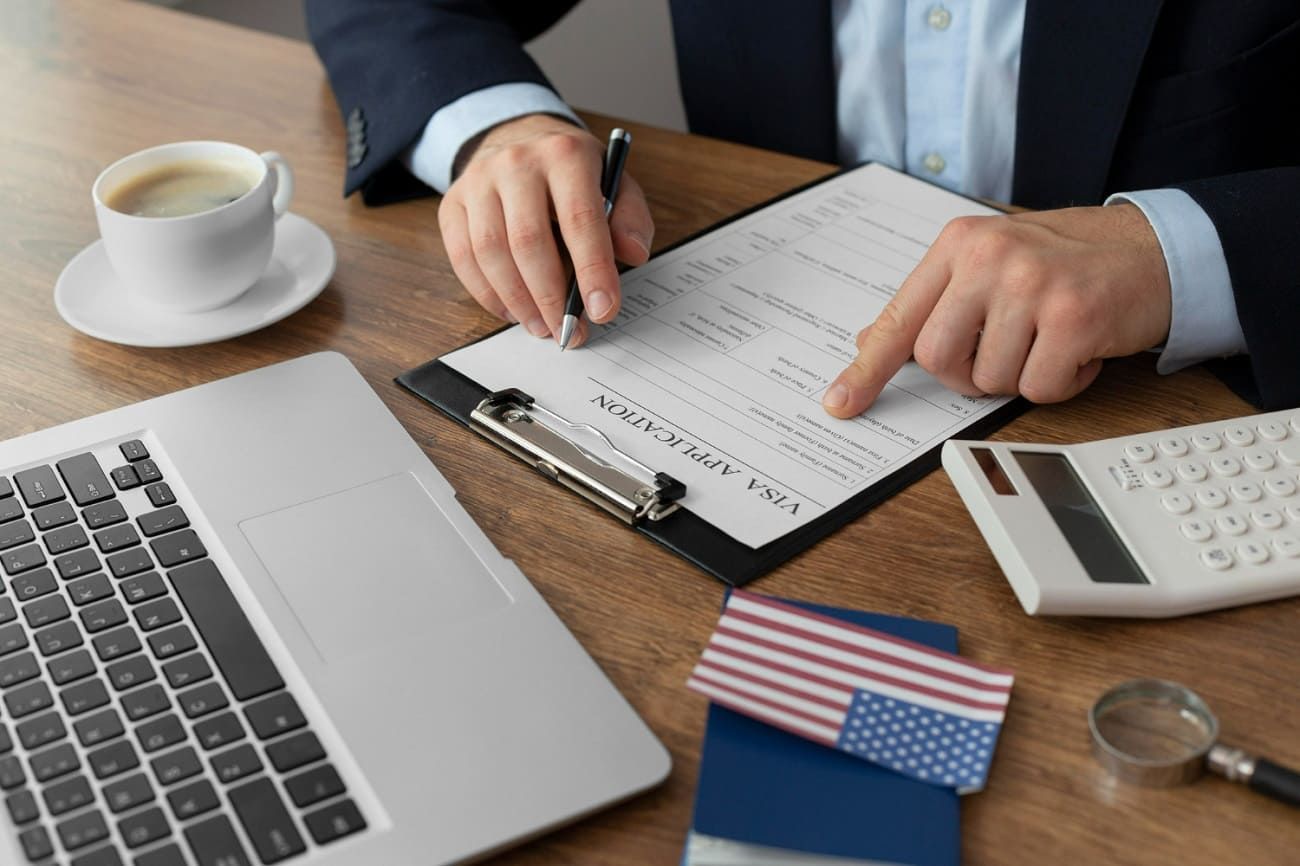Tampa Office: (813) 231-0138
Miami Office: (305) 433-3333
Deportation Defense Strategies in Florida
What are the best deportation defense strategies in Florida? Find out in this guide on removal defense strategies. Click now.

In 2021, the Immigration and Customs Enforcement (ICE) agency was responsible for removing 59,011 illegal persons from the US. This number was a drastic drop in deportations from just a year before, down by as much as 70%.
If you're in the US without the correct paperwork to stay, you may face separation and don't want to become part of those statistics.
Facing separation probably has you feeling terrified, anxious, and worried for yourself and your loved ones. Not knowing when you could get forced out of the US can feel scary.
You might be looking for answers and options in your deportation defense. The good news is that there may be options to fight your deportation, depending on your case's circumstances.
You need the help of an experienced attorney who can come up with some options to help you. Read on to learn more about deportation defense strategies that might help your case.
How Can an Immigration Lawyer Help You?
No matter how terrified and worried you might be, getting the help of an immigration lawyer could help you hope in your deportation case.
Immigration law is complex and changing all the time. You shouldn't try to navigate the US immigration system without someone who knows the law.
Even if you've been issued a deportation order, you shouldn't despair yet. An experienced immigration attorney may have options to fight it through the law that you wouldn't know about.
The reality is that your case will have more merit if you have an attorney working on your behalf, trying to provide you with options.
Defense Strategies for Your Deportation Case
The stakes can be very high regarding a deportation case, something you're likely all too familiar with. To build a removal defense, you need a lawyer, and they need to get to know your case.
Because the stakes are so high, the law's written in a way that still gives you some options for fighting your deportation.
Here are some options your attorney might pursue to keep you in the US.
Criminal Waivers
One option for your immigration removal defense is to take advantage of criminal waivers. It's not uncommon for the ICE to use a criminal record to remove a person from the country.
However, there are some cases where a criminal waiver can be obtained. The criminal waiver avenues include:
- 212(c)
- 212(h)
- EOIR-42A
- EOIR-42B
Waiver 212(c) is for permanent residents with criminal convictions before 1997. Congress did repeal this waiver.
However, the US Supreme Court ruled that repeal couldn't apply if the conviction was before 1997 and involved a person with permanent resident status.
The EOIR-42B is for persons who have a criminal mark on their record yet have proven themselves to have good moral character over the last ten years.
Noncriminal Waivers
Even without a criminal background, you could face deportation because of something referred to as the noncriminal grounds of inadmissibility.
This means that while you don't have a criminal background, ICE believes there's another reason you should get deported. This might include something like having a communicable disease or being unable to support yourself financially.
There are some noncriminal waiver options to fight this kind of deportation order. These might include:
- I-601A provisional waiver
- I-601 waiver
- I-602 provisional waiver.
Form I-751 Renewal
You may already be familiar with Form I-751, which is used to apply for a green card. If you already have a green card and are facing deportation, some defense strategies have included the renewal of Form I-751.
Eligibility for this strategy, including the renewal, means you were granted your provisional green card because of a marriage to a permanent resident or US citizen.
You must show you're still married, have remained married, and are still living with that person.
Permanent Residency or Status Adjustment
One option that you might be able to pursue to avoid deportation is to apply for permanent residency status. There are criteria to become a permanent resident, and you must meet at least these to be considered.
These include:
- Being eligible for an immigrant visa
- Employer sponsorship
- A close family member who's a US citizen or lawful permanent resident sponsors you
As part of the application for permanent residency, you have to show that you don't have any criminal convictions or any other reason that might make you ineligible.
U Visas
While this option may not fit many, a U visa is available for persons who have suffered from domestic violence or human trafficking.
You must show that you reported the crime to the correct law enforcement agency. You also have to be cooperative with any forthcoming investigation. If there's a prosecution, you must also cooperate with that process.
Immigration officials will want proof that you suffered from physical or mental abuse. They will also want to see a police report and related court documents.
Deferred Action for Childhood Arrivals (DACA)
If you came to the US as a child and now face deportation, you may be eligible for a DACA defense.
DACA would be a possibility if:
- You came to the US before your 16th birthday
- You're under 31 years old as of June 15, 2012
If you meet these criteria, then you must also show that you're:
- Currently in school, or
- Have graduated from high school, or
- Have been honorably discharged from the military,
You can't have any felony or misdemeanor convictions on your record. If granted a DACA, you remain in the US for two years, with the option of an additional two following that.
Violence Against Women Act (VAWA)
If you're the victim of domestic violence, you could use VAWA as a defense strategy from deportation.
VAWA is effective even if your case is already in the stages of removal. You must show you are or were married to a US citizen or a lawful permanent resident. You'll have to show that this spouse made you the victim of abuse.
Successful VAWA cases can get a person a green card for ten years, and after that, you can apply for a permanent green card.
10-Year Rule
Longevity and following the law are in your favor for the 10-Year Rule. If you have been in the US for at least ten years, you may be eligible to avoid deportation because of the 10-Year Rule.
You must prove that you've lived in the US for ten years and have no criminal convictions.
If your deportation is canceled through the 10-Year Rule, you could be eligible to apply for a green card.
NACARA and Temporary Protected Status
One important question your immigration attorney will ask is where you came from before entering the US. Where would the US deport you back to if they forced you out of the country?
If that country is unstable and sending you back there puts you at risk, you could use the NACARA and ask for temporary protected status to stay in the US.
Safe haven countries for refugees can use this deportation defense for those who came from there.
If granted, you can stay for a period of time and then apply for a green card.
Motion to Terminate or Suppress
If you believe immigration officials are using false information to proceed with your deportation, your attorney could ask for a motion to terminate or suppress.
This is a good defense for people who have had their rights violated or have false accusations placed against them. Of course, your attorney will need evidence to prove that the accusations against you are false.
Prosecutorial Discretion
An interesting aspect of the US court process gives prosecutors much discretion over when they pursue a case and when they don't.
Your attorney could ask the prosecutor not to pursue the deportation case against you. If you've been in the US and following the laws, being a good person, your attorney could ask the prosecutor for discretion and to drop the case.
A prosecutor might opt for prosecutorial discretion and drop the case when certain factors are present, including:
- Family ties in the US
- Clean criminal history
- Strong employment history
- Ties to your home country
An immigration lawyer could help you present a case to the prosecutor to be considered for prosecutorial discretion.
Protection Under the Convention Against Torture or Asylum
If you face a credible fear of persecution in your home country, you could seek asylum or protection under the Convention Against Torture.
The US may offer asylum if you can show you face potential persecution when sent back to your home country.
You might get asylum because of:
- Race
- Nationality
- Religion
- Membership in a social group
- Political affiliation
If your attorney can show you have a credible fear of persecution, you may be allowed to stay in the US to protect your safety.
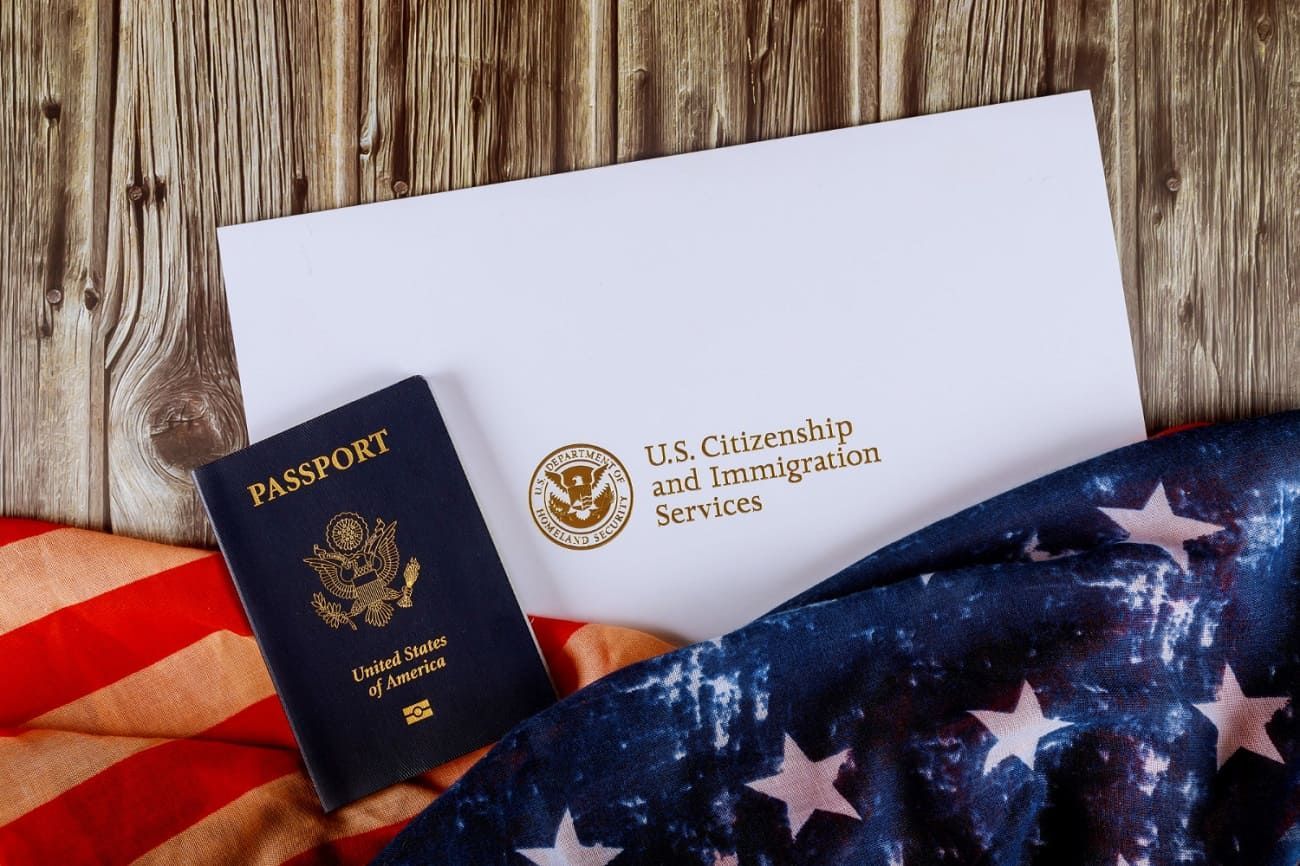
Get the Legal Help You Need for Your Deportation Defense
Facing deportation must feel scary and frustrating, especially if you've lived in the US for some time. It's important to get legal help and work with an attorney to build a deportation defense.
If you're facing deportation, let Pablo G. Martinez Law Firm help you build a case. Contact us today to set up a consultation for your case.

The information on this website is for general information purposes only. Nothing on this website should be taken as legal advice for any individual case or situation. This information is not intended to create, and receipt or viewing does not constitute, an attorney-client relationship.
All Rights Reserved | Pablo G. Martinez Law Firm










